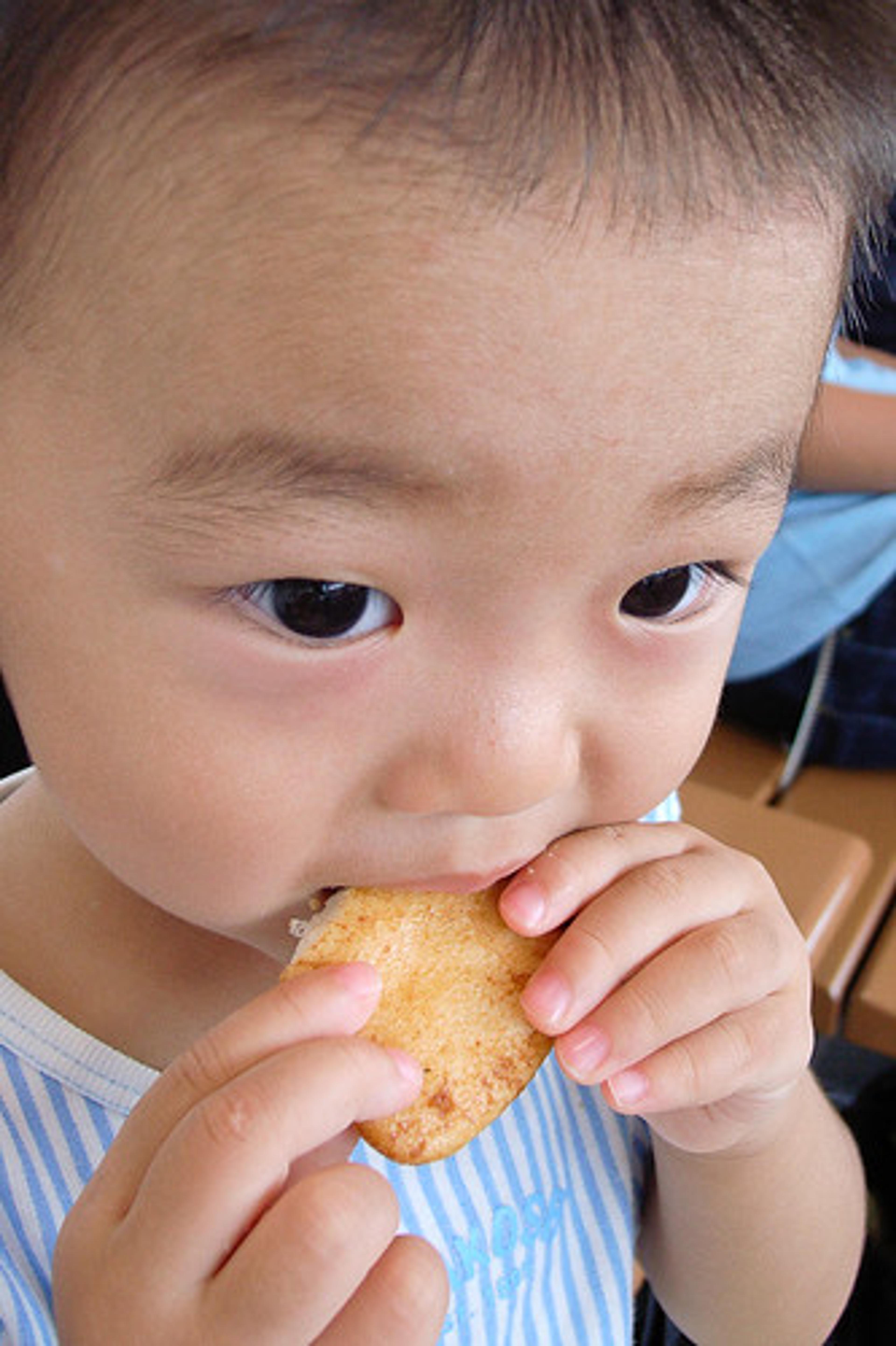Do You Reward Your Children With Food?
Jodi Davis
| 3 min read

If you were rewarded with sweet treats as a child, most likely you’re doing the same with your kids. I will admit that I did it with my three children — and believe it or not, my previous dentist did the same thing: “Do you like lollipops? Okay, you can have a lollipop if you sit still and let me take at look at those teeth.” Of course they didn’t move in that dental chair and couldn’t wait to pick their favorite flavor of the sugary reward once they hopped off the seat.
Today I would not allow that to happen, but since my kids are now adults, I obviously have nothing to worry about. But if they were young, I would put a stop to this behavior.
I know that many children do lots of things to get the sweet treats that they love: eat their vegetables, do their chores, behave at the grocery store, sit quietly at church and receive “A’s” on their report cards.
While a lot of parents know that using food as a reward isn’t the best strategy, they do it because it works in the short-term. But research shows that using foods high in calories, fat, sodium and sugar as a reward makes them even more appealing to kids. And on the opposite end, using healthy food as punishment — to get the reward — makes kids less interested in the healthy food.
Many people who struggle with eating and weight see food as a reward for their hard work and stressful life. Nights, when their busy days are finally done, seem to be the toughest. After dinner, many people find themselves back at the fridge, often grazing all night.
I am not saying that using food as a reward or punishment during childhood is the cause of this. But it makes me think about the association children make with food, beyond hunger and enjoyment, and how they take this with them into their adult lives.
As parents, we help our kids develop how they see food. Will they see snacks as something to do when they watch TV or are bored? Or will they snack as a way to refuel between meals? Will they seek sweets as a reward for their hard work or look for other constructive ways to feel good?
And then there are parents who not only reward with food, but also express their affection with food. I have met many parents who admit that they are guilty of this. These parents know that food makes their son or daughter happy and consider it mean or cruel to not give their children all the food they want. In China, officials say that parents in one-child families who express their affection with food is one reason the country has seen a 25 percent rise in obesity.
I’m wondering if these “food prizes” that are given to America’s youth have anything to do with the U.S.’s obesity epidemic. What do you think?
Photo by mitikusa.





